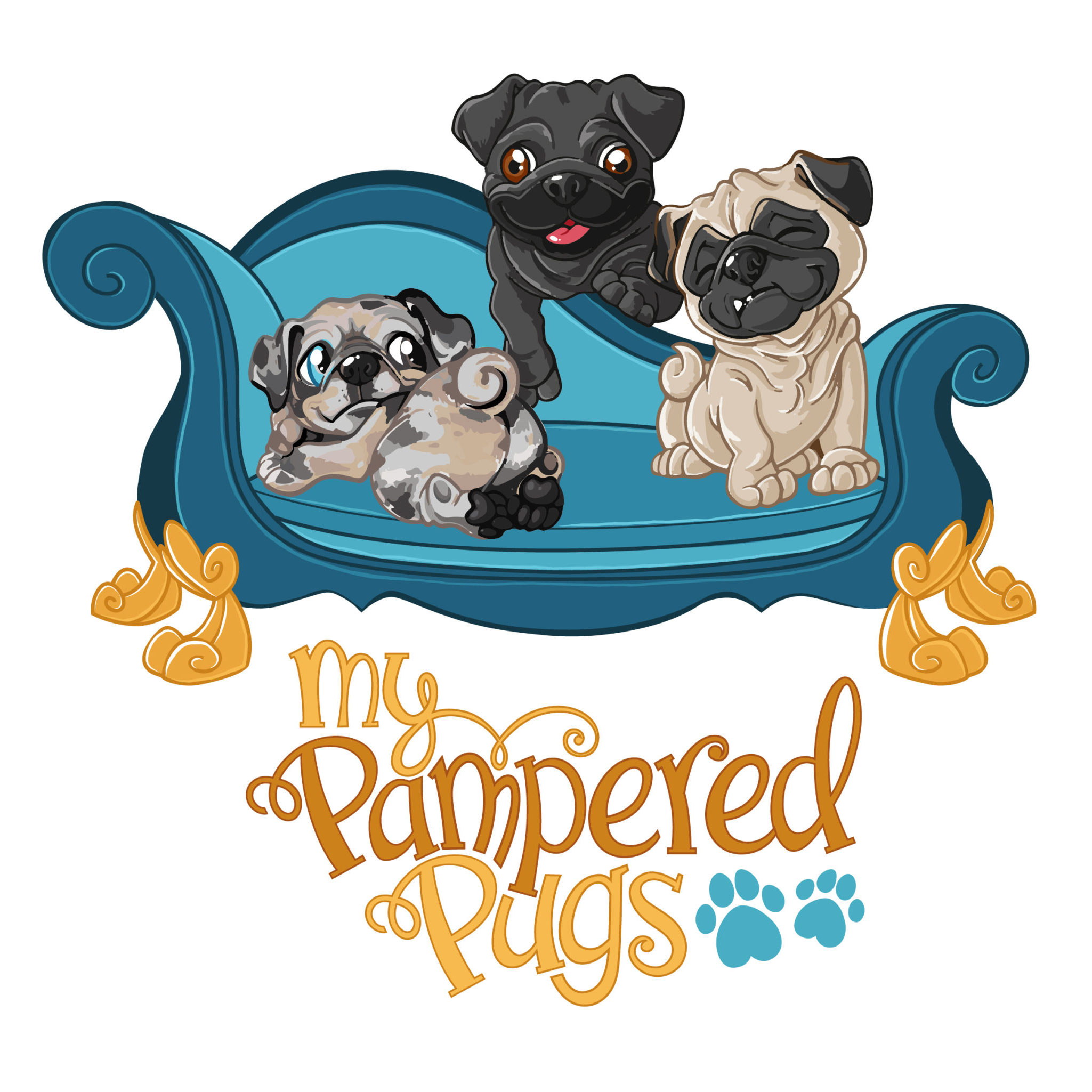
Be extremely cautious when purchasing a puppy from a pet store. Good breeders do not sell animals to pet stores. Some pet store animals come from puppy mills or other abusive backgrounds. Most likely, the puppies will have major medical issues, and buying from puppy mills continues the cycle of abuse by the puppy mills.
Thank you for reading this post, don't forget to subscribe!
A good breeder will provide the purchaser with a contract of sale, which states that if any genetic defects or preexisting diseases are found, the breeder will refund the purchase price and/or pay for treatment. When you purchase a puppy, be aware that you are taking personal responsibility for that animal and be prepared to pay for its medical expenses.

A good breeder will always allow prospective pet owners to tour the breeding facilities. These should be clean and spacious, with adequate shelter from both heat and cold, and no breeder should have more animals on the premises than they can safely care for properly. Good breeders have nothing to hide with respect to their breeding facilities. This is also a reason to never buy animals sold from the back of a truck, in front of stores, or anywhere where the facilities are not viewable. When used, cages must be spacious, clean, and well-bedded. Dogs and puppies should have adequate exercise time outside of the cage.

A good breeder will always provide the paperwork for your puppy, which must include not only breed registration papers but also paperwork from a veterinarian demonstrating that the animal has had an examination and all the appropriate vaccinations and dewormings. Do not pay for the animal unless you receive the paperwork simultaneously, including a copy of the medical history. Good breeders often have a list of references of previous clients whom you may call.

Good breeders often want to get to know you before selling you a puppy. Although it may seem intrusive, good breeders feel responsible for the animals they are selling and want to ensure they go to a good home.

Beware of “discount” pets sold online or from ads in the paper. Good breeders will charge more for animals whose pedigree warrants the expense. Backyard breeders who sell dogs and puppies cheaply are not able to afford proper care for those animals and may possibly sell you an animal with serious medical problems.

Good breeders bring their animals to vets to receive vaccinations and exams. Beware of breeders who claim to have vaccinated the pets on their own. Your puppy may not have received the vaccines at all or may have been inadequately vaccinated. Also, if you need to board the animal for any reason, you may be required to re-vaccinate the dog or puppies because you will have no proof that a vet provided the vaccines.

Good breeders are aware of the potential genetic issues certain breeds face. If your breeder is not serious about screening for hip dysplasia in German Shepherds, for example, they have not researched the problem sufficiently and are likely to evade responsibility for treating the dogs if the problem arises. Work with a breeder who is educated enough to be able to implement good breeding practices.

Do not agree to become co-owner with the breeder. While some breeders may insist on this clause in a contract, agreeing to this situation may bar you from having legal rights to your animal and may prevent you from being able to make medical decisions on behalf of your animal. You may even lose permanent animal custody if you agree to this arrangement.

Good breeders will provide you with reliable and current contact information. If a breeder seems unwilling to provide a phone number or is in the process of moving, do not work with them. It will be much harder to locate if you need to find them later to deal with medical problems.

Avoid making your decision based solely on information from a breeder’s website. A bad breeder may have a good website and unhealthy animals.

Do not “rescue” an animal from a bad breeder. Paying a bad breeder for a dog or puppy who is clearly being abused may save that animal but will ensure that the breeder continues to profit by abusing or neglecting other animals. Instead, contact Animal Control Services in your area and try to adopt the animal from the shelter if the breeder’s animals are impounded.
